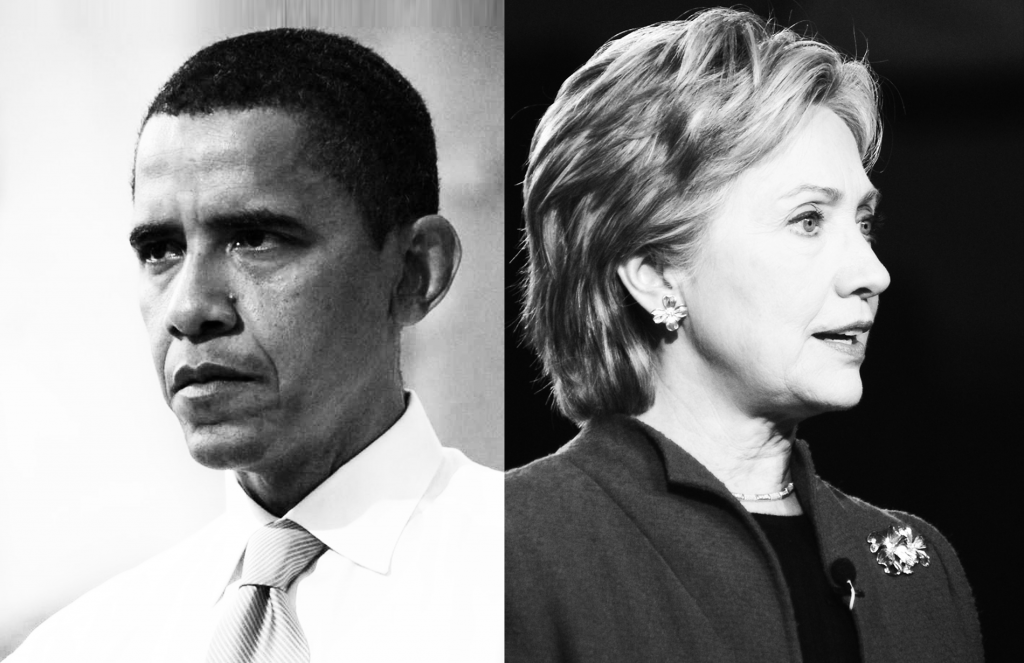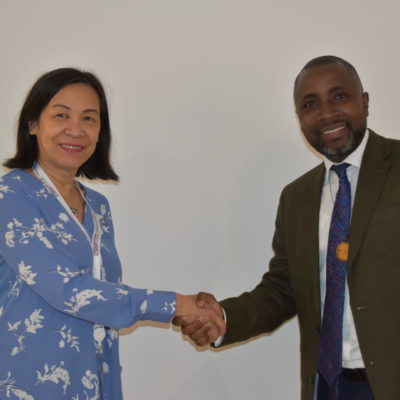Prompted by its recent findings confirming the existence of multiple forms of modern slavery in mining areas of eastern Congo, FTS is actively pressuring the US Government to appoint a Special Envoy to the Great Lakes region. Stimulating this move is FTS’ conviction that the current administration is in dire need of stronger direction to spearhead an effective response to the complex conflict and associated atrocities afflicting the DRC.
PROBLEMS WITH CURRENT SYSTEM
A key criticism leveled at the U.S. government relates to the dispersed nature of its present approach to the Great Lakes region, with responsibility divided among a labyrinth of offices within the State Department, National Security Council, Department of Defense, USAID, as well as the various US embassies in central Africa. As David Sullivan at Enough Project points out,
“even within the Africa bureau, the basket of issues that could and should be coordinated by a single, empowered envoy are instead spread out among three different deputy assistant secretaries, each with their own additional workloads related to their respective regions.”
Consequently, while many in the U.S. government are willing and eager to address the crisis in Congo, efforts have remained piecemeal.

WHY APPOINT A SPECIAL ENVOY?
A high-level, empowered Special Envoy can bridge divides among the various US agencies and embassies concentrating on the region. Reporting directly to the Secretary of State or the White House, this official would play an instrumental role in pushing forward a comprehensive policy for Congo. A Special Envoy can bring together the various initiatives to support business transparency and respect for human rights in the mining sector. Focusing the energies of the international community in this area could make a big difference to ending slavery in the mines.
FTS considers this appointment of utmost urgency. Congo’s upcoming elections – just seven months away- are under threat. Sufficient time is required for an Envoy to create the necessary impact upon these elections.
It’s also the law: a Special Envoy to the Great Lakes is mandated under Public Law 109-456.
FREE THE SLAVES ACTS
FTS, along with other NGOs and socially responsibly investor groups, wrote a letter to Secretary Clinton on January 7 stressing that in the interests of advancing peace and stability in Congo, the administration should appoint a Special Envoy to the Great Lakes.
Following on from this, FTS and other advocacy groups have recently launched a petition asking President Obama and Secretary Clinton (both of whom pushed for an Envoy in 2006 as Senators) to make the appointment immediately and push the Congo issue off the backseat – where it currently resides in the various Undersecretary, Ambassador, and Deputy Assistant Secretary portfolios in the State Department.
Since September 2009, FTS teams have been working on the ground in eastern DRC to uncover the extent of slavery, and to develop ways to end it.
Click here to read FTS letter to California State Senator Ellen M. Corbett, applauding her introduction of bill SB 861, which prevents publicly-traded companies from obtaining procurement contracts with California State if they are found to contravene the Dodd-Frank Wall Street Reform Act—a series of financial reform measures enacted by President Obama in July 2010 with a regulatory provision relating to the DRC.
BEN AFFLECK CALLS FOR A FOCUSED APPROACH TO CONGO
This is certainly not an issue on which FTS stands alone. Indeed, it was perhaps the key demand at the recent House Foreign Affairs Africa Subcommittee hearing on March 8, which included testimony from representatives of the US State Department, USAID, and human rights and humanitarian groups. Drawing in the crowds was actor Ben Affleck, founder of the Eastern Congo Initiative, whose level of expertise was not lost on the panel.
Affleck was resolute in his demand that the US demonstrate its commitment to helping end the conflict in eastern Congo through the appointment of an Envoy. This was an argument echoed by co-panelist Enough Project’s John Prendergast, as well as committee members Ms. Bass, Mr. Payne, and Chairman of the committee, Chris Smith (R-New Jersey), the latter of whom emphasized that “Congo cannot be put on the backburner of US foreign policy…every member of our panel strongly wants that Special Envoy yesterday.”
PROSPECT FOR SUCCESS
Impediments remain. For one, given budget realities the present administration feels somewhat stretched in its ability to appoint another. Previous attempts to appoint a Special Envoy to the Great Lakes have reportedly been met with resistance from State Department officials who feel it might disrupt conventional chains of command.
Notwithstanding, Karen Stauss, Director of Programs at FTS, remains optimistic, believing that there is already momentum behind the idea, especially given the attention it received in the recent Subcommittee hearing. Public support, she stresses, could move us to the tipping point.
Obama has already expressed his intention to increase US engagement in Africa this year. FTS is hopeful that a crucial element of this engagement will be renewed attention to the Congo policy, accompanied by the timely appointment of a Special Envoy. People in Congo deserve no less.




